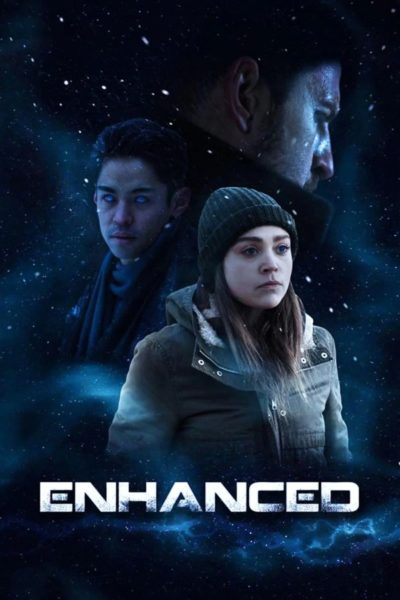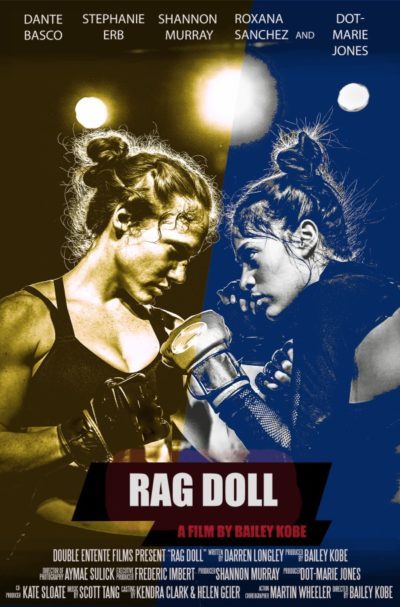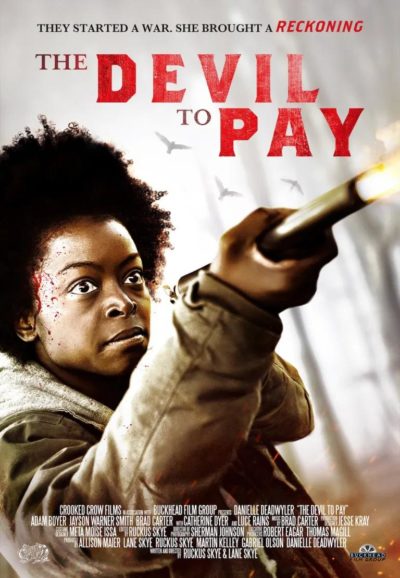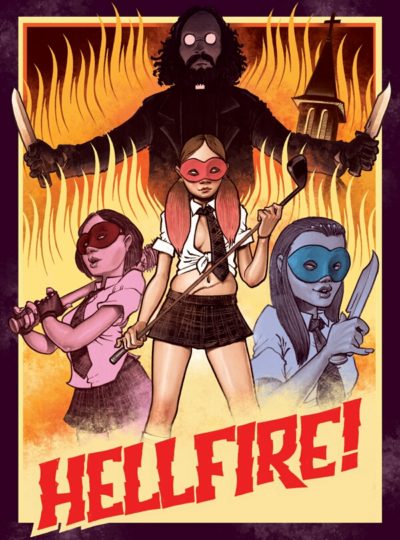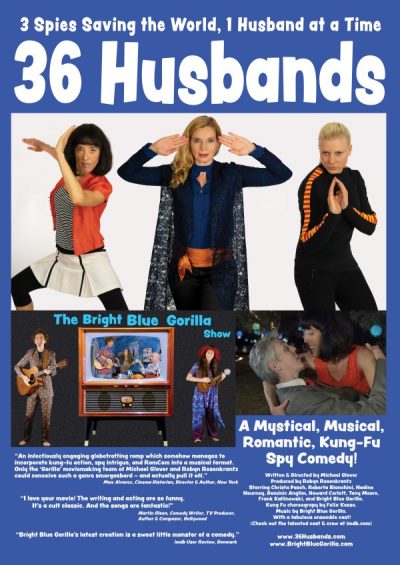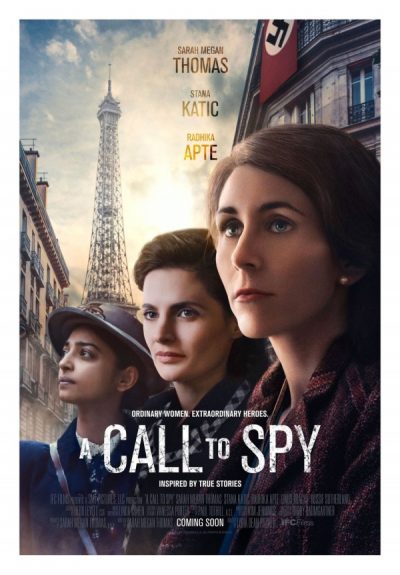★★★½
“Patience is a virtue.”
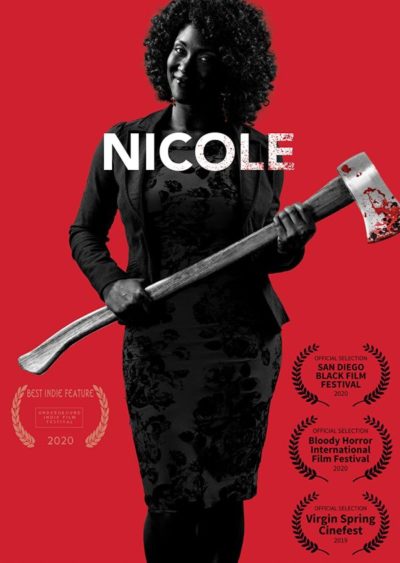 If you came into this with absolutely no previous knowledge (including the poster on the right!), you’d be forgiven if you spent the first forty minutes thinking this was an independent drama about the perils of professional dating life in the big city. Then, suddenly, it’s very not. But initially, it’s about Nicole (Shannon), who while she may be a little strange and anti-social, doesn’t seem all that far outside the bounds of normal behaviour. Well, I guess her carting a bottle of hard liquor to work, for drinking sessions in the bathroom, is somewhat problematic. Maybe her imagining dinner with her parents could be a bit of a red flag. [The film makes nice use of switching between b&w and colour, to separate reality from flashbacks and fantasy] But, all told, she’s fairly high-functioning.
If you came into this with absolutely no previous knowledge (including the poster on the right!), you’d be forgiven if you spent the first forty minutes thinking this was an independent drama about the perils of professional dating life in the big city. Then, suddenly, it’s very not. But initially, it’s about Nicole (Shannon), who while she may be a little strange and anti-social, doesn’t seem all that far outside the bounds of normal behaviour. Well, I guess her carting a bottle of hard liquor to work, for drinking sessions in the bathroom, is somewhat problematic. Maybe her imagining dinner with her parents could be a bit of a red flag. [The film makes nice use of switching between b&w and colour, to separate reality from flashbacks and fantasy] But, all told, she’s fairly high-functioning.
That all changes when she goes out on a rare date with John (Green), whom she met through an online app. She’s simultaneously fending off advances from a co-worker (Busey) and neighbour (Lockhart) – it must be said, all the men here fall somewhere on the creepy/predatory spectrum. What we know, but Nicole initially does not, is that John is well toward the latter, with a fondness for date rape and every intention of adding Nicole to his list of dubious conquests. However, her day drinking has given her a remarkable tolerance for alcohol, so when he makes his move, she’s not as drunk as she should be, and fights back, with no shortage of vigour. As well as a knife. That’s where the tone of the film changes drastically. We’re not in Sex and the City any more, Toto.
The rest is considerably closer to pitch-black humour, as Nicole has to come to terms with the consequences of her actions. Realizing what John was intending, she decides simply to dispose of his body. This requires a late-night trip to the hardware store, where the Goth assistant nods approvingly at her selection of tools. Then there’s the actual dismemberment, not helped by John’s corpse continuing to talk to her throughout the process. For example, he requests a refill on his wine, only to realize it’s hard to drink since she’s removed his hands.
This disposal reminded me a little of A Good Woman is Hard to Find, though that was thoroughly serious. There are also elements of Ms. 45. in a blurring of the lines between reality and delusion, which are deftly handled. Regular readers won’t be surprised to learn I preferred this second half of the film. I was actually a bit disappointed things ended when they did, more or less with Nicole’s return to work, and in a maybe or maybe not more well-adjusted state. It felt there was mileage left on the table, with her further adventures as an IT worker, moonlighting as a killer of sexual predators. We can only hope for Nicole 2: Ax Me Anything at some point down the road.
Dir: James Schroeder
Star: Tamika Shannon, Stephen Green, Ke’Shawn Bussey, Tre Lockhart





